
- Services .
- Industries .
- Company .
Explore detailed insights, expert opinions, and updates in our blog. Stay informed, discover new perspectives, and enhance your knowledge with every read.
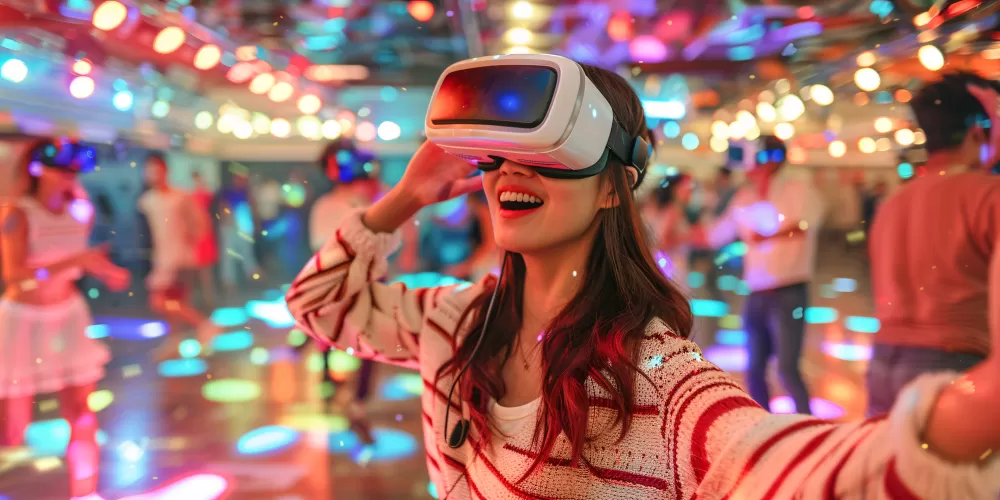
The entertainment world is in the midst of a profound transformation—led not by producers or directors, but by algorithms. Artificial Intelligence is no longer just a behind-the-scenes tool; it's emerging as a creative force. Whether it’s generating plotlines, composing music, or animating scenes, AI is quickly becoming the entertainment industry’s algorithmic muse.
This new phase raises both excitement and critical questions: Can machines be creative? Will AI enhance human artistry or replace it?
AI tools like ChatGPT and other large language models are being used to draft screenplays, generate plot ideas, and even simulate dialogue. Writers use these models for inspiration, accelerating ideation processes that previously took weeks.
Example: Some production companies now start script development with AI-assisted outlines, which human writers then adapt and refine.
AI platforms can compose music in real time, adapting to mood, tempo, and even listener feedback. Tools like AIVA and Amper Music are used by both indie creators and major studios to score films, trailers, and ads—often at a fraction of the cost.
In the gaming world, AI is powering dynamic narratives that change based on player decisions, enabling more immersive and personalized storytelling. NPCs can now interact in more complex, human-like ways.
Platforms like Netflix, YouTube, and TikTok already use AI to recommend content—but that’s just the beginning. Emerging AI models now:
· Predict what kind of stories will trend
· Tailor trailers and ads for individual viewers
· Auto-generate highlight clips based on user engagement patterns
In other words, the line between content creation and content consumption is blurring.
AI-generated avatars and voices are also gaining traction in film, animation, and voiceover work. Companies are using digital replicas of actors, both living and deceased, to recreate performances or extend roles across sequels and adaptations.
· Reduces production costs
· Allows for international dubbing with realistic voice cloning
· Opens new creative possibilities
· Raises ethical issues around consent, likeness rights, and authenticity
With this creative revolution comes a host of complex questions:
· Who owns AI-generated content? The artist, the algorithm, or the developer?
· Is AI replacing human creativity or just enhancing it?
· How do we preserve cultural diversity when algorithms are trained on mainstream data?
Governments, unions, and studios are now exploring legal frameworks to regulate AI’s role in content creation.
Despite all the hype, AI is not (yet) a replacement for human creativity. What it lacks is context, emotion, and originality born from lived experience. It can mimic but not feel, replicate but not invent.
In the best scenarios, AI becomes a collaborator, offering a new kind of muse that sparks human imagination rather than replacing it.
AI and entertainment are merging in unprecedented ways. As the algorithmic muse takes center stage, the future of content will likely be co-written by human emotion and machine precision. We are not witnessing the death of creativity—but perhaps the beginning of its next act.
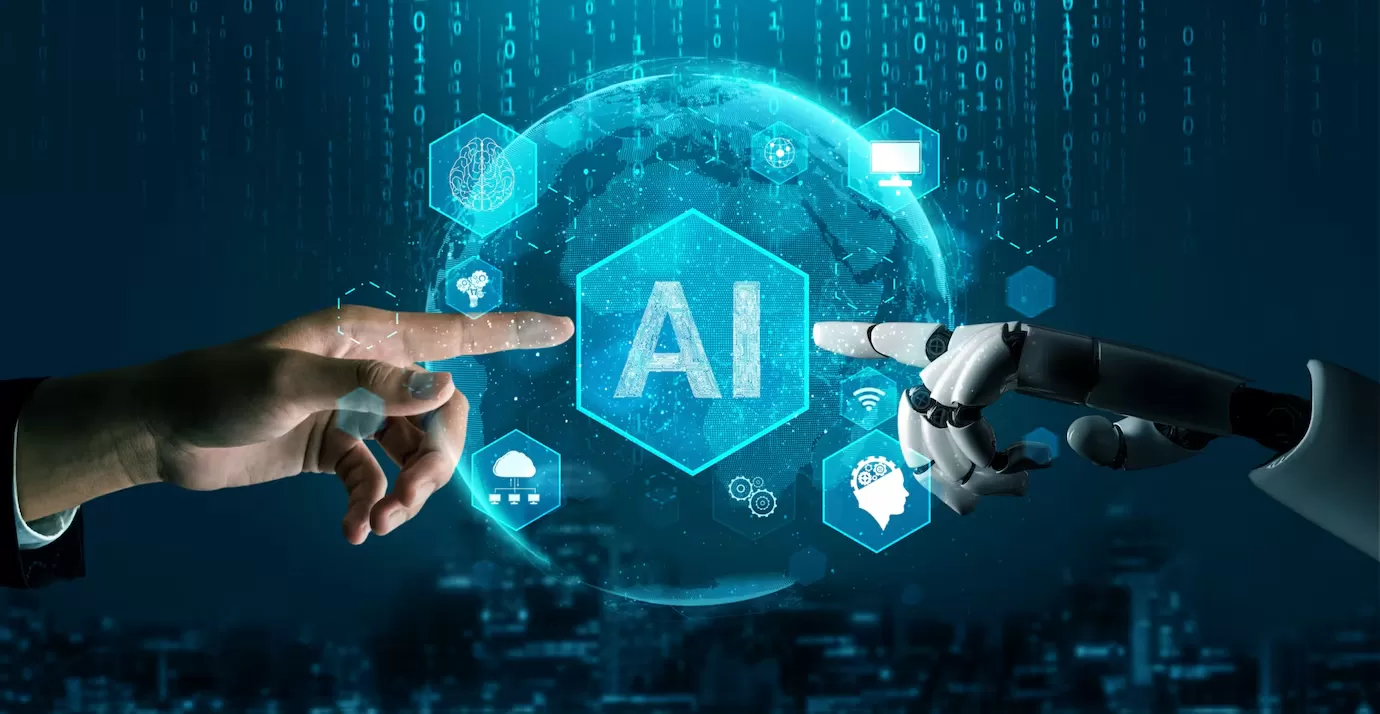
AI in Foreign Policy: Transforming Global Diplomacy
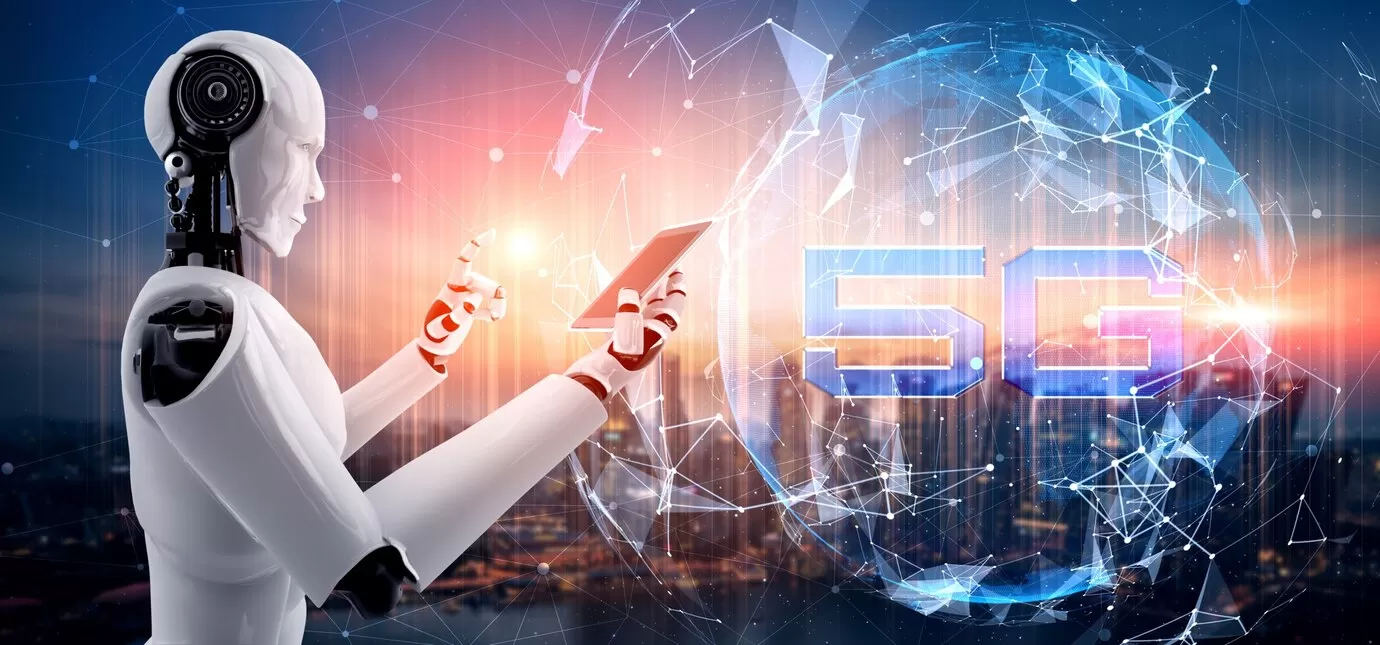
How AI and 5G Are Reshaping the Future of Telecom
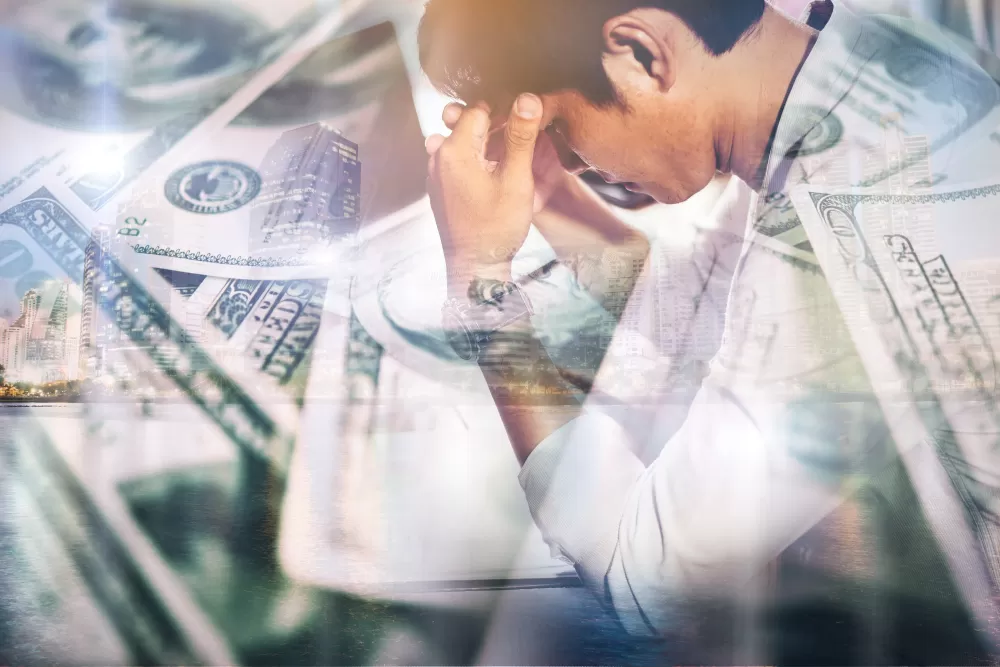
Solving Tech Debt: Smart Strategies That Boost Growth
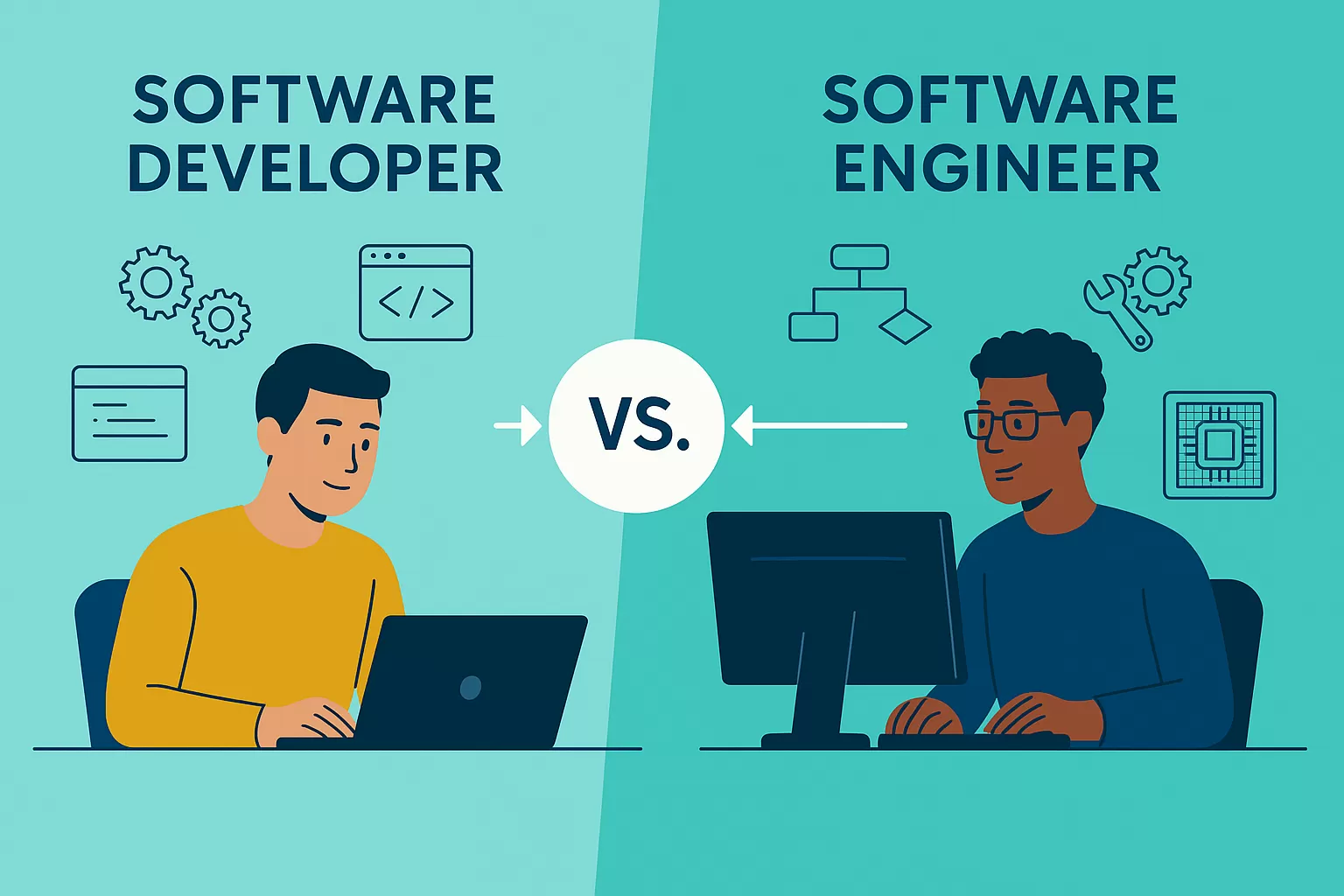
Software Developer vs. Software Engineer: What’s the Difference?
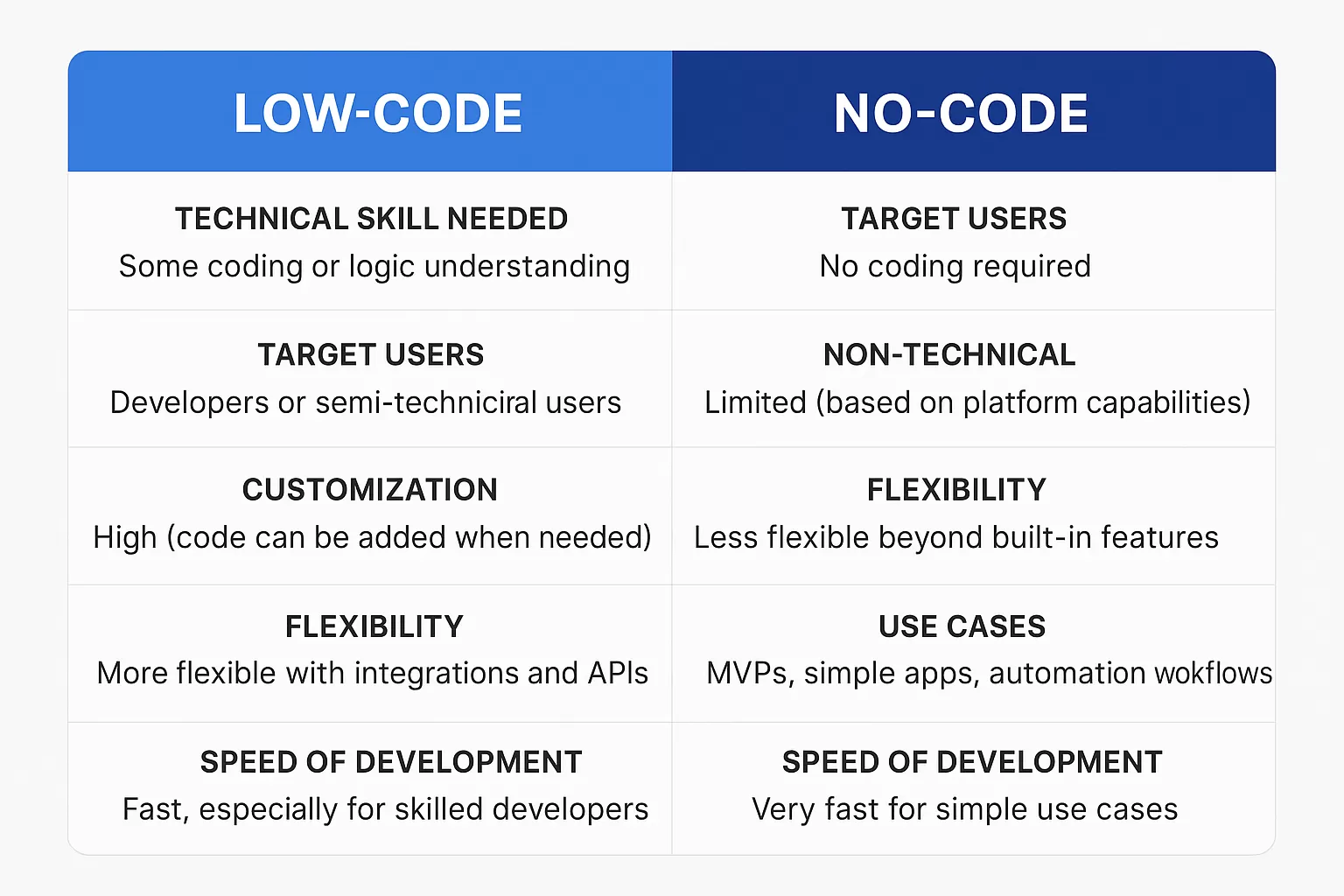
Low-code vs. no-code app development
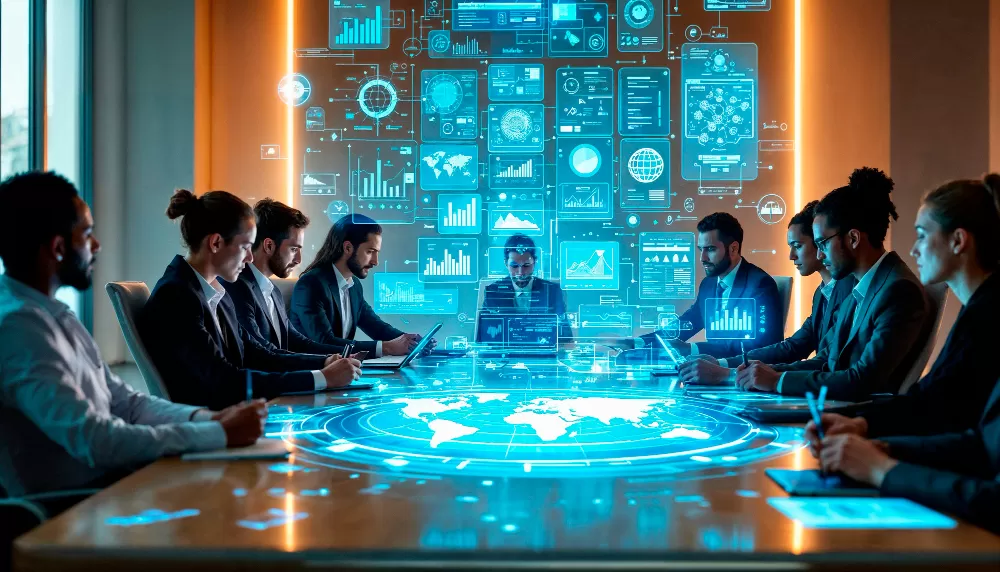
What Is Digital Transformation? A Modern Business Guide
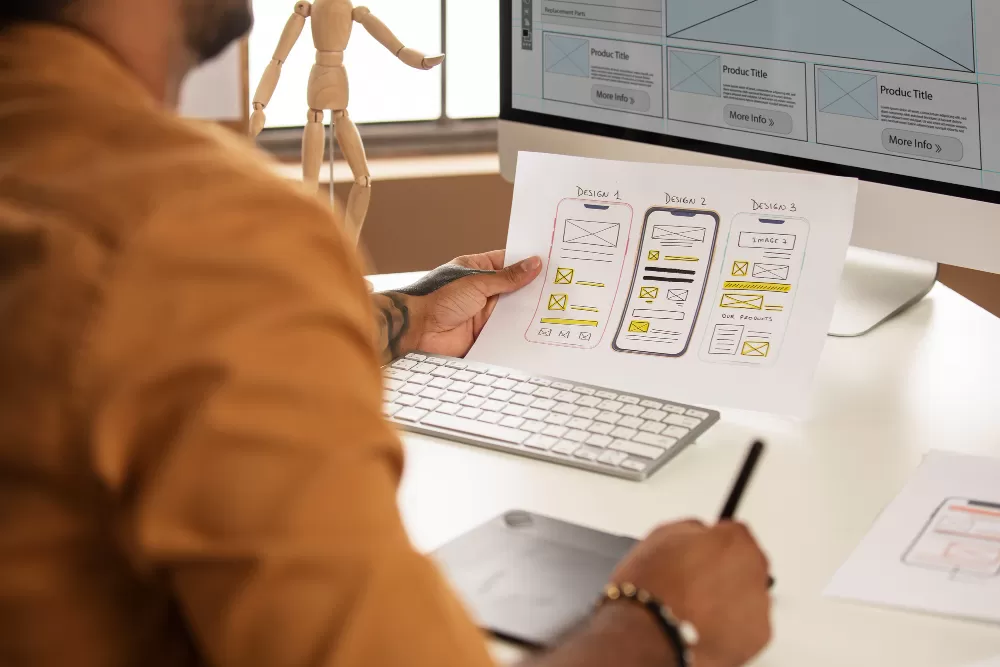
Top Challenges in Enterprise Application Development & Their Solutions

Complete SaaS Application Development Guide 2025
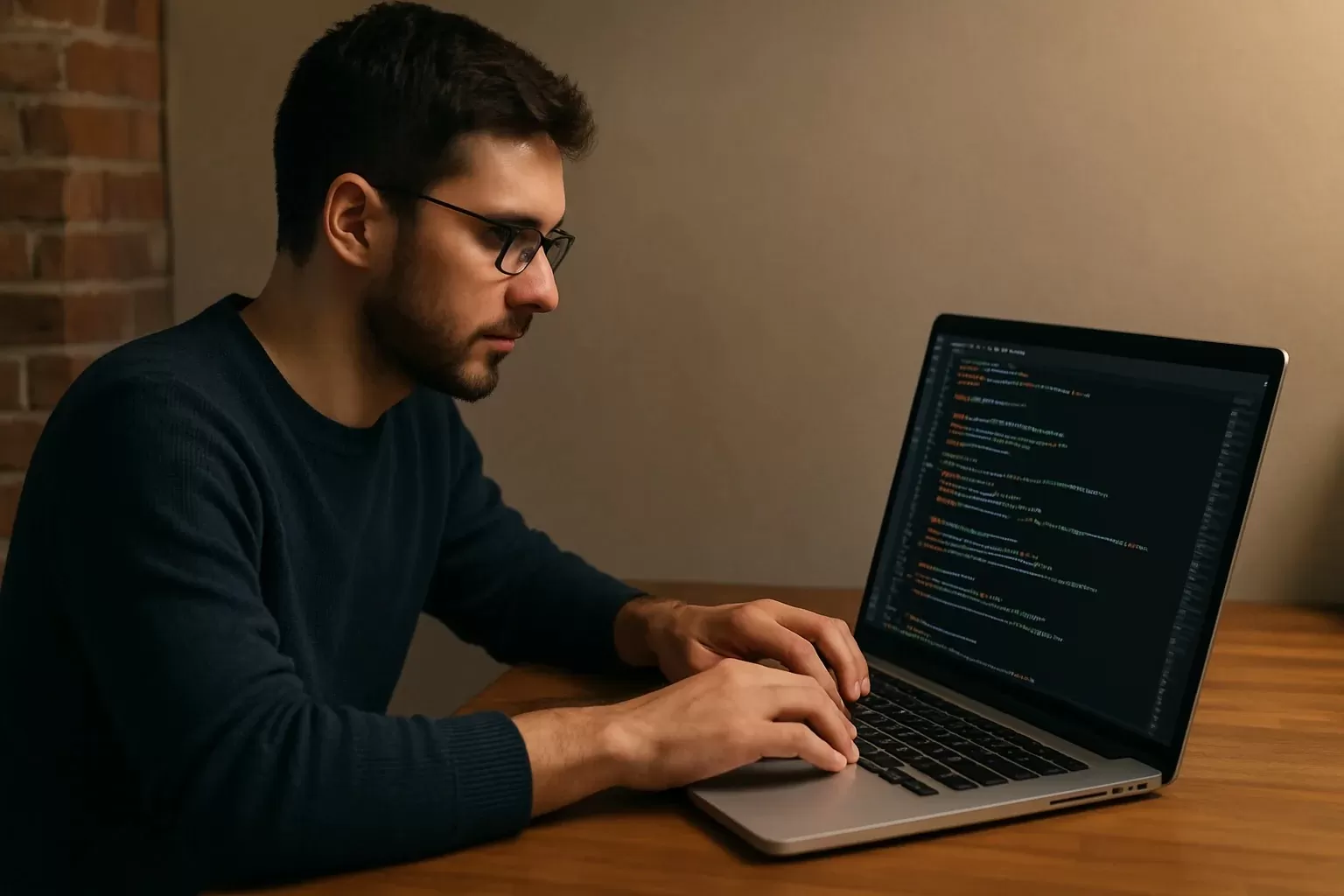
How Programming Outsourcing Works in 2025
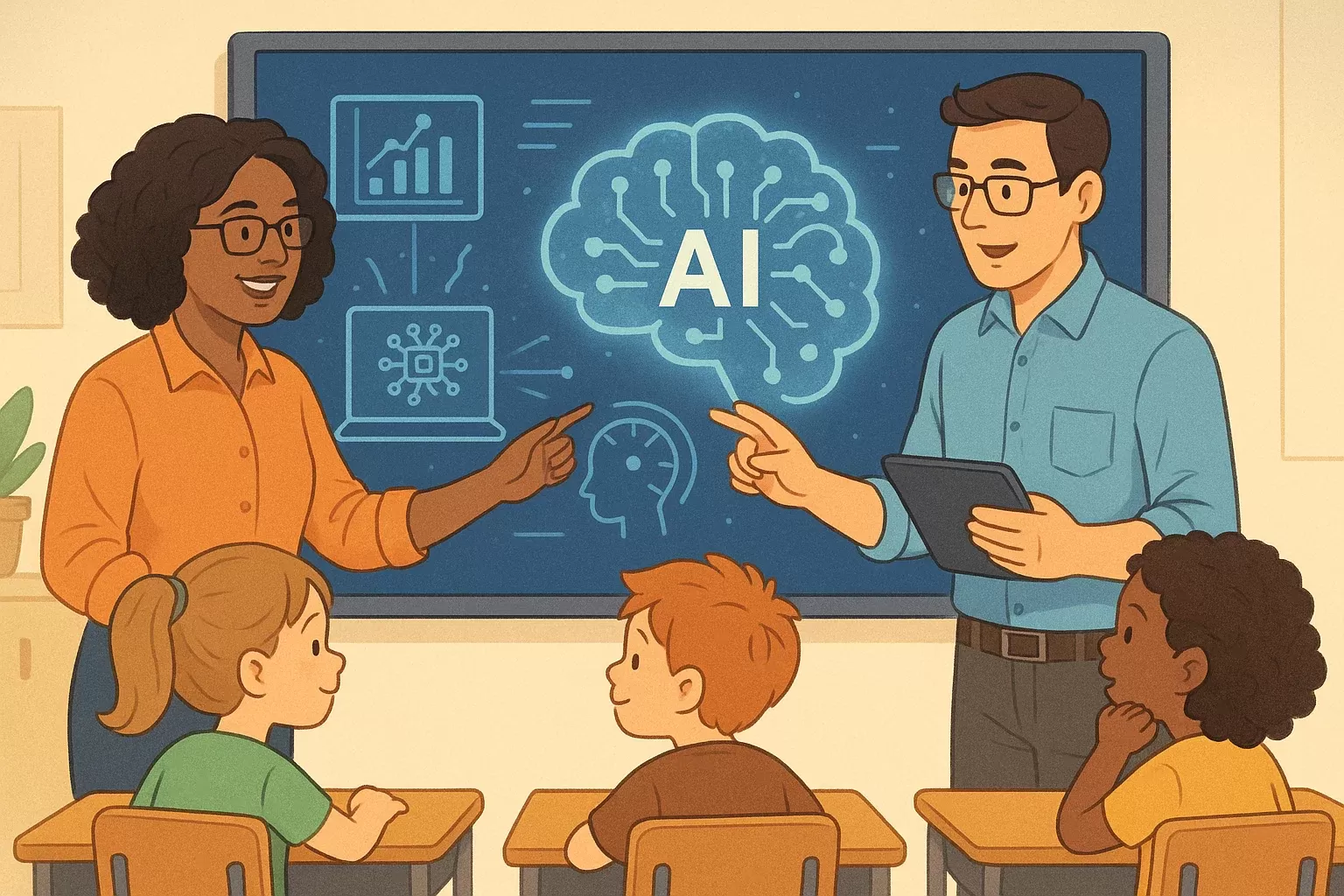
The Psychologist Improving Education with AI Tools